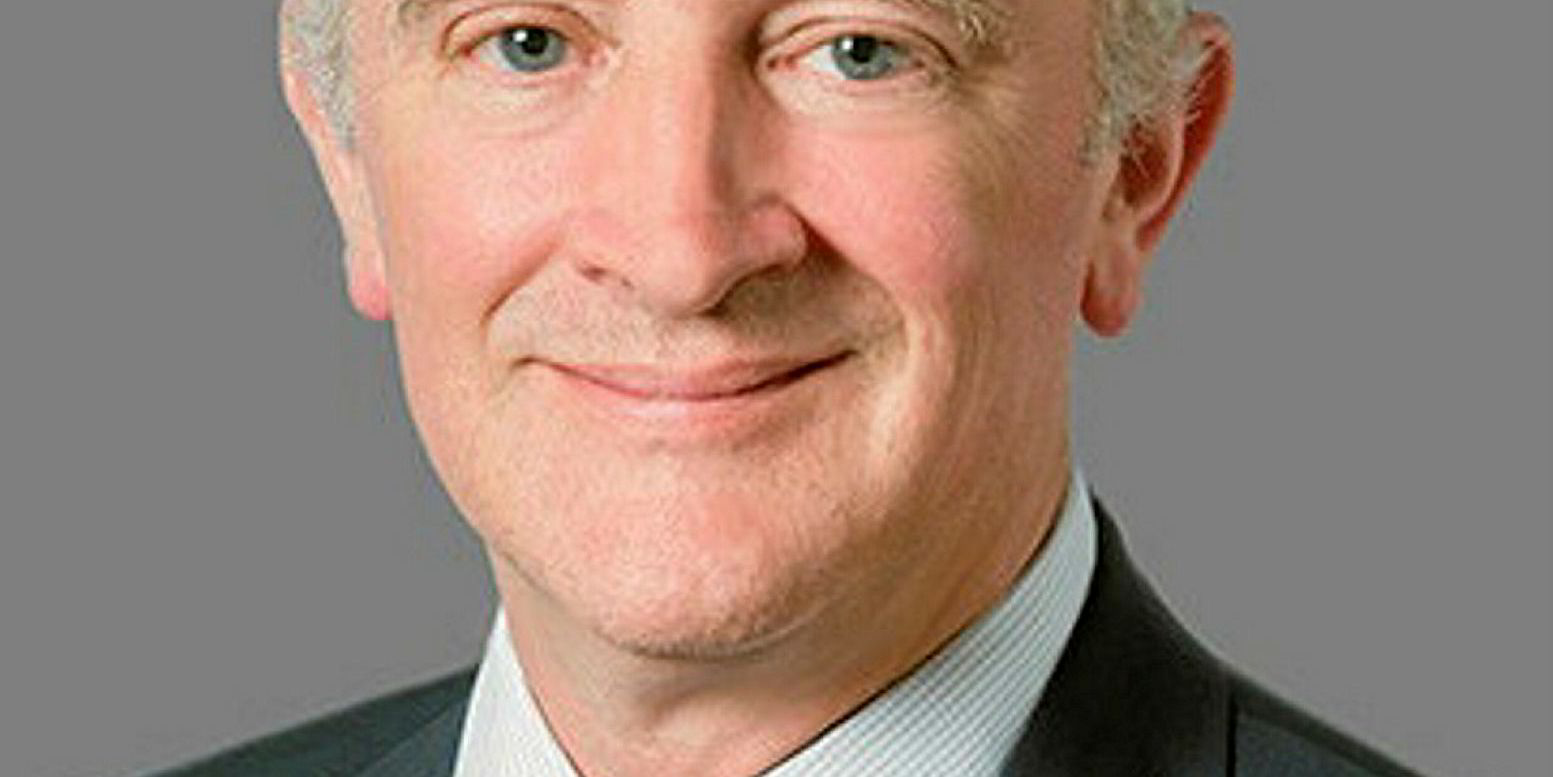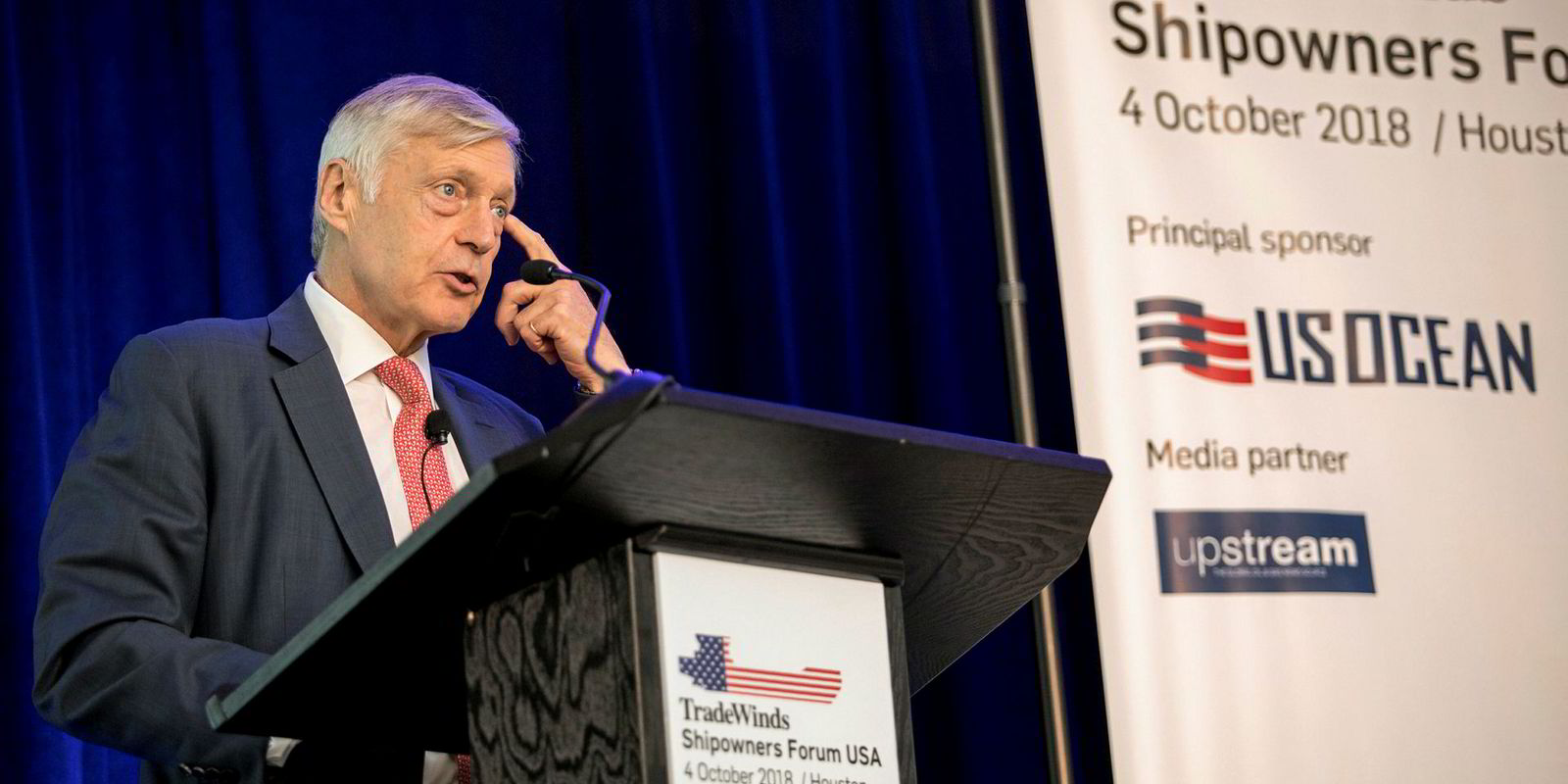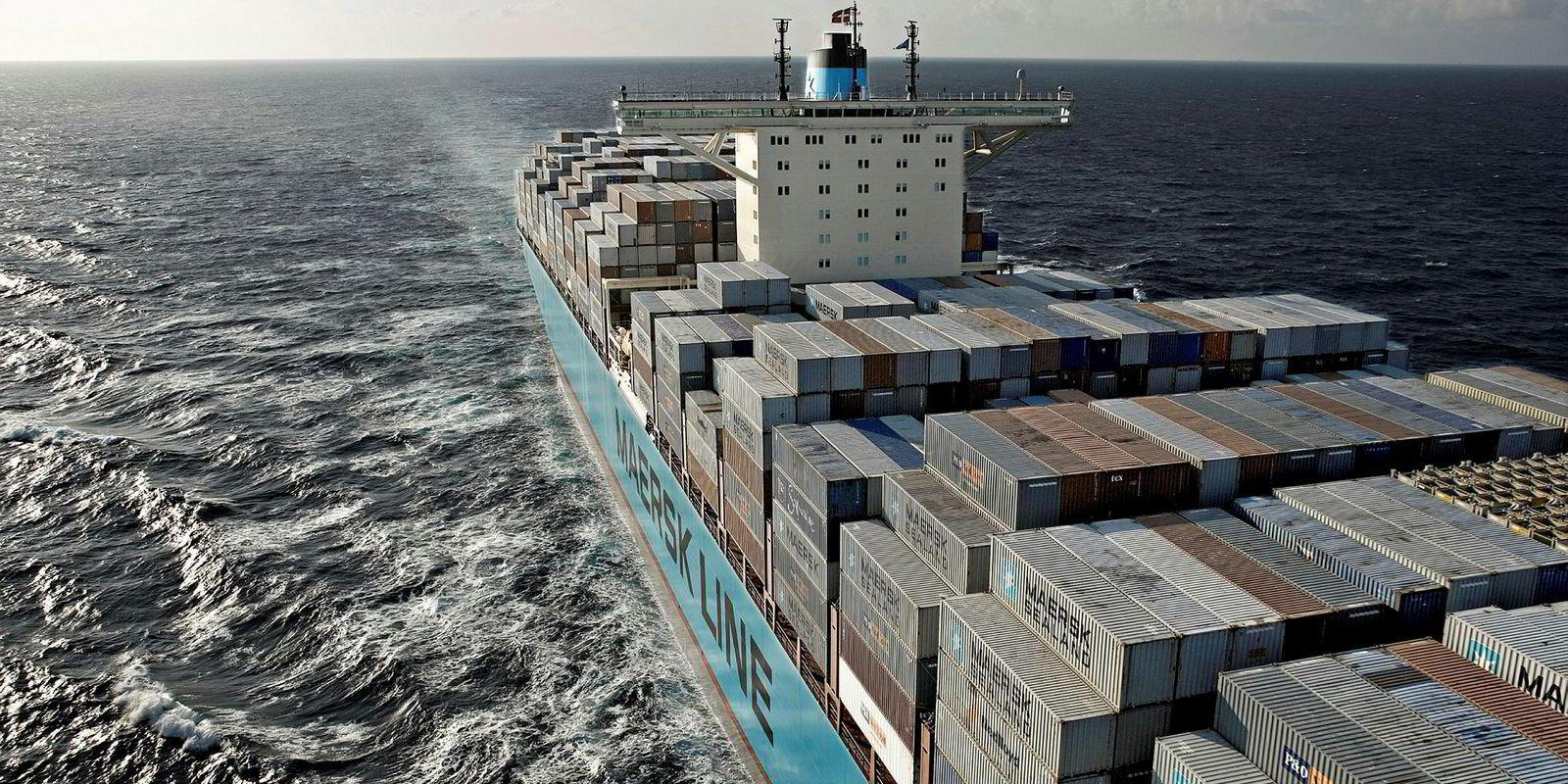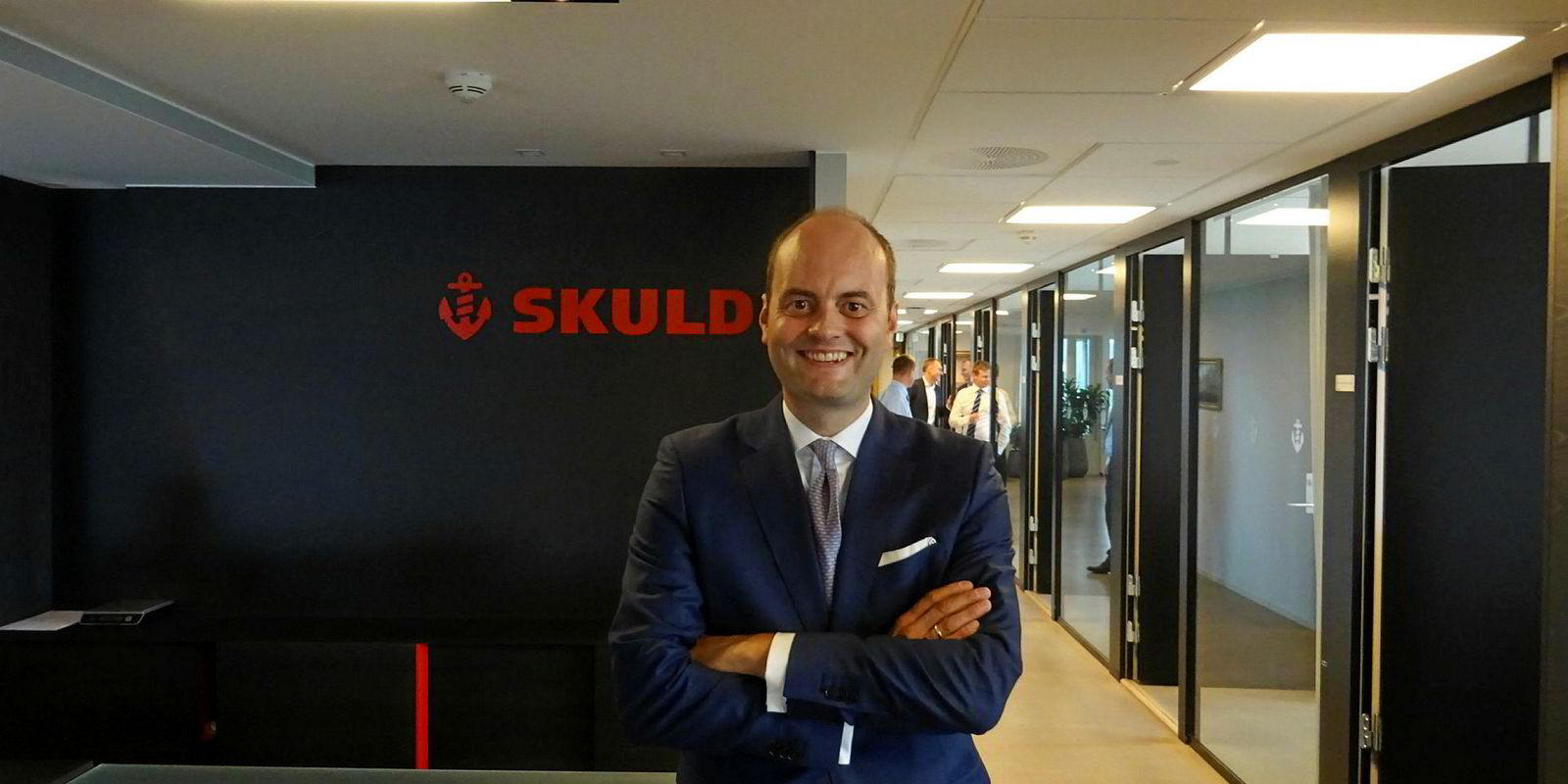The annual International P&I Conference in Piraeus prides itself on being the only event that attracts attendees and speakers from 11 of the 13 members of the International Group of P&I Clubs.
The latest to join the annual get-together was Britannia P&I, which has been upping its game in the Greek market and made its debut through local representative David Harley.
New entrants are rarely given an easy ride and so it proved when Harley was asked to argue that diversification is a waste of members' money.
Diversification debate
Britannia is one of a small group of clubs that have not pursued diversification in any serious way.
However, he bravely stood in front of his counterparts and told them: “Clubs should concentrate on what they do best, concentrate on the P&I [protection and indemnity] business.”
Although he conceded “some clubs have been successful” in diversification, he added that expansion into areas such as hull and machinery insurance and fixed premium carried too much of a risk, citing Standard Club and Skuld’s struggles in the Lloyd’s of London market.

“Arguably there are safer investments available and the clubs that have diversified don’t appear to have gained any advantage on those that have not diversified,” he said.
Balance and opportunity
However, his argument became difficult to sustain in the face of opposition from American Club chief executive Joe Hughes and Gard’s chief underwriting officer Bjornar Andresen.
Hughes, who has brought the American Club into fixed premium and hull and machinery, told the audience that diversification provided a counterbalance to the mutual business as well as cross-selling opportunities.
He said that as long as the diversification is for the benefit of the mutual he did not see a problem with it.
“In practice diversification must be in line with the club’s values and with the manager’s skill set,” he said.
Success story
Gard’s Andresen had an easier task as the club has already made a success out of its hull and machinery diversification, which it started in 2010 with an initial $90m acquisition cost.
Gard Marine & Energy had paid out a $408m dividend to the P&I mutual over the nine years since it made the investment.
He said that the move has benefitted Gard not only financially but through a broader knowledge of underwriting and capital management skills.
“It has been a benefit to have different knowledge through a diversified business. And we can save money for the club by combining P&I and hull claims,” he added.





